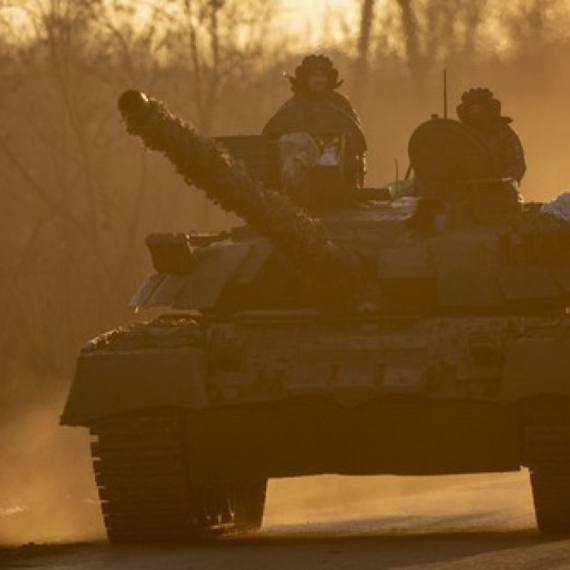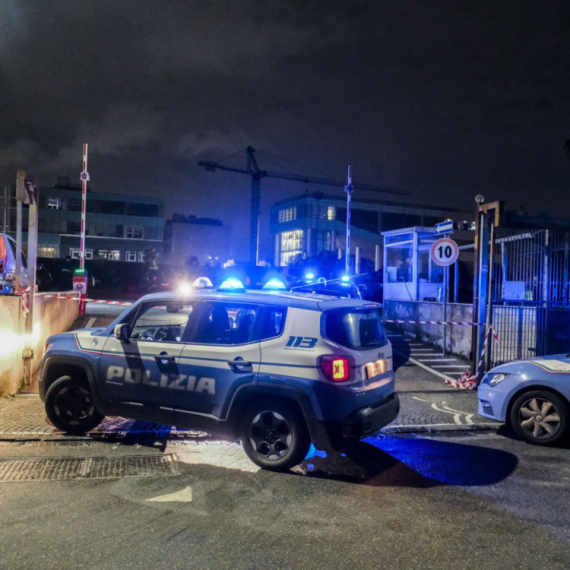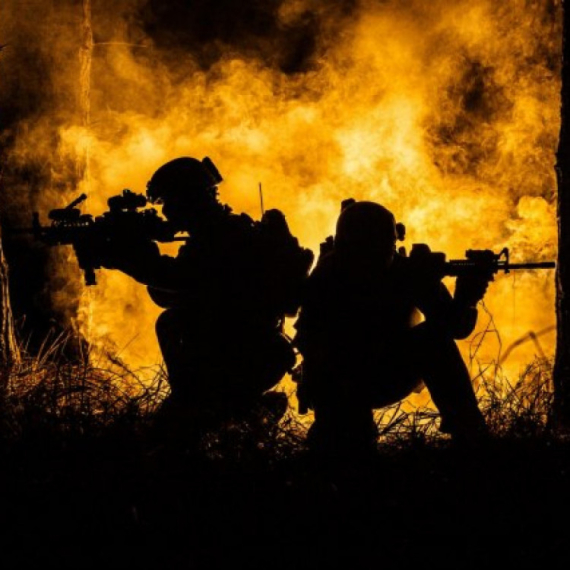Govt. to offer “strong resistance” to opposition
The Serbian government cannot be toppled by a million of signatures calling for election, or by nationwide protests announced by the opposition.
Thursday, 29.04.2010.
14:11

The Serbian government cannot be toppled by a million of signatures calling for election, or by nationwide protests announced by the opposition. This is according to Sports and Youth Minister Snezana Samardzic-Markovic, who is also a member of the ruling G17 Plus party presidency. Govt. to offer “strong resistance” to opposition Samardzic-Markovic spoke in support of Serbian President and ruling DS leader Boris Tadic’s call made recently to put “all energy” into preventing the opposition coalition from coming to power. She said that every coalition needed coordination, but that “this one was stable, which was important for the country in the time of the global financial crisis”. When asked whether G17 Plus leader and Economy Minister Mladjan Dinkic’s independent political projects could disturb relations within the government, she said that the Regional Parties’ Union was not an independent project and that it was not directed against the current government. “Regionalization and even development are important political issues and we think that the Union will be a political force which will be able to provide the answers,” said she. Commenting the fact that her party was in coalition with Together for Sumadija and Rasim Ljajic’s Sandzak Democratic Party (SDP) during the recent early local elections in Arandjelovac, which many saw as G17 Plus growing apart from Democratic Party (DS), Samardzic-Markovic said that the two parties were close partners and that there were no reasons to change that even after the local elections in the central Serbian town. “We just want to strengthen and determine our identity. It can harm neither the citizens of Arandjelovac nor our partner DS,” she added. The minister stated that the ruling coalition never seriously discussed a reshuffle of the Cvetkovic cabinet. Turning to her jurisdiction in that government, she pointed out that hooligans at sports venues in Serbia would “withdraw once courts started to impose more serious punishment”. “Statistics however show that there was 26 percent less violence in the last three months of last year than in the same period in 2008, thanks to the measures we’ve taken. Of course, that’s not nearly enough and we continue to work,” Samardzic-Markovic concluded.
Govt. to offer “strong resistance” to opposition
Samardžić-Marković spoke in support of Serbian President and ruling DS leader Boris Tadić’s call made recently to put “all energy” into preventing the opposition coalition from coming to power.She said that every coalition needed coordination, but that “this one was stable, which was important for the country in the time of the global financial crisis”.
When asked whether G17 Plus leader and Economy Minister Mlađan Dinkić’s independent political projects could disturb relations within the government, she said that the Regional Parties’ Union was not an independent project and that it was not directed against the current government.
“Regionalization and even development are important political issues and we think that the Union will be a political force which will be able to provide the answers,” said she.
Commenting the fact that her party was in coalition with Together for Šumadija and Rasim Ljajić’s Sandžak Democratic Party (SDP) during the recent early local elections in Aranđelovac, which many saw as G17 Plus growing apart from Democratic Party (DS), Samardžić-Marković said that the two parties were close partners and that there were no reasons to change that even after the local elections in the central Serbian town.
“We just want to strengthen and determine our identity. It can harm neither the citizens of Aranđelovac nor our partner DS,” she added.
The minister stated that the ruling coalition never seriously discussed a reshuffle of the Cvetković cabinet.
Turning to her jurisdiction in that government, she pointed out that hooligans at sports venues in Serbia would “withdraw once courts started to impose more serious punishment”.
“Statistics however show that there was 26 percent less violence in the last three months of last year than in the same period in 2008, thanks to the measures we’ve taken. Of course, that’s not nearly enough and we continue to work,” Samardžić-Marković concluded.
















Komentari 0